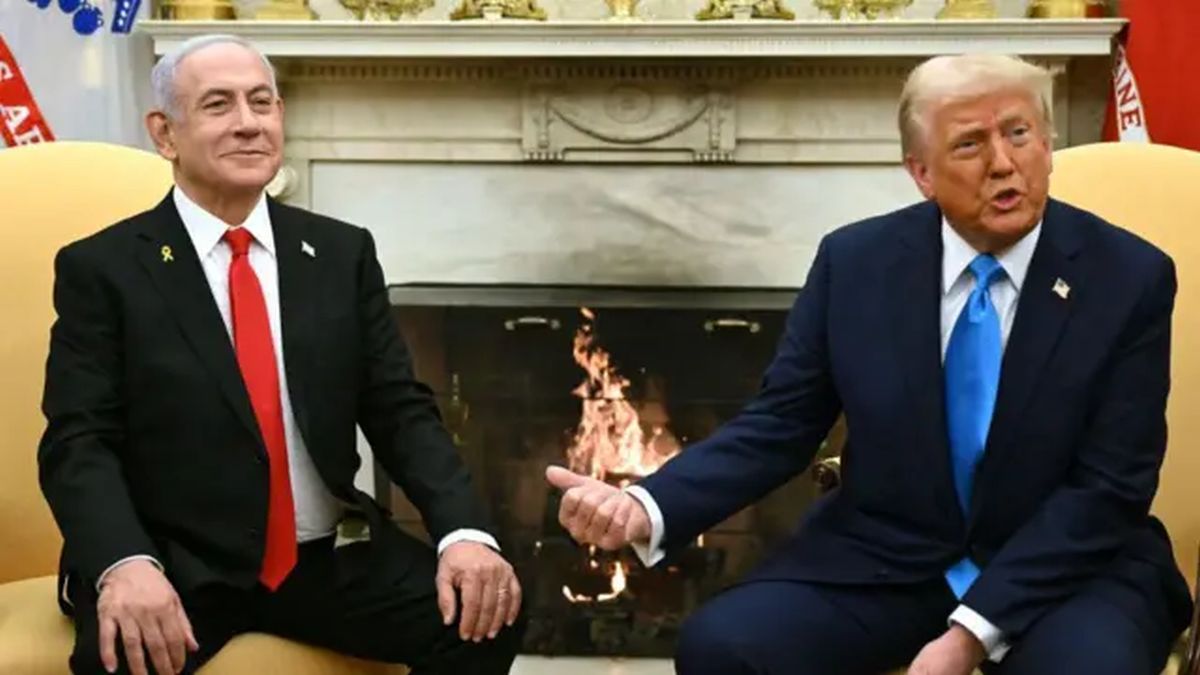Image: ROBERT JAEGER (APA)
The SPÖ misses a social graduation of the contribution, while the FPÖ demands an end to the household fee. The governing parties were once again satisfied with the project. be it “really a great success”, emphasized the Green media spokeswoman Eva Blimlinger, according to parliamentary correspondence. Media Minister Susanne Raab (ÖVP) emphasized that many people would see a significant reduction in the ORF contribution. The GIS fee is currently EUR 18.59 plus any state taxes. The digital options for the broadcaster are being expanded, while at the same time there is a reduction in text messages on orf.at and stricter advertising restrictions.
The SPÖ stand for one “strong public service broadcasting and secure funding from the ORF” one, according to media spokesman Jörg Leichtfried. However, the household levy in its present form should be rejected. It would have been an opportunity “on the economic possibilities of the households”. But that is not the case. In any case, an extension of the exemptions is necessary. Leichtfried again saw a missed opportunity in terms of committee reform. As the leading medium, the broadcaster has a special role to play. “However, a reform that strengthens the independence of the ORF was neglected.”
FPÖ media spokesman Christian Hafenecker was angry that the live stream for the expert hearing in the constitutional committee was not broadcast by ORF. Information about the new ORF law would be withheld from the public. “The ORF ‘compulsory tax’ has to go!”, Hafenecker underlined again via broadcast and referred to an online petition by the FPÖ on the subject. Ultimately, he spoke out in favor of a total reform of the ORF in the direction of a modern media company. In addition to an end to compulsory broadcasting, he also connected it “objective reporting instead of paternalism and manipulation”.
“Missed Chance”
from one “missed chance” said NEOS media spokeswoman Henrike Brandstötter. “Especially in times full of disinformation and fake news, we need a modern, independent public broadcaster whose reporting we can rely on.” However, essential questions remained unanswered, such as future tasks of the ORF or preventing interventions in reporting and appointments. “There is no way around a board reform”according to Brandstötter. “Because without depoliticization, the ORF has no future in the long run.”
An expert hearing on the abolition of the ORF fees took place in the constitutional committee, which was preceded by a referendum. In addition to the members of parliament and the experts invited by the parliamentary groups, no one from the Proponents Committee took part, which Blimlinger described as regrettable in terms of democratic politics. Meanwhile, an amendment to the Private Radio Act proposed by the government has also found its way into the plenum. In the future, this will provide for more DAB+ programs per provider and coverage area. The current limit of two programs is to be raised to six, thereby accelerating digital change. This bill was approved unanimously.
more from culture
“I feel like shit”: Robbie Williams had to interrupt the concert
How art is fighting climate change
The Salzkammergut wants to become a role model for Europe
Last words tattooed on fabric
: Nachrichten
I am an author and journalist who has worked in the entertainment industry for over a decade. I currently work as a news editor at a major news website, and my focus is on covering the latest trends in entertainment. I also write occasional pieces for other outlets, and have authored two books about the entertainment industry.




